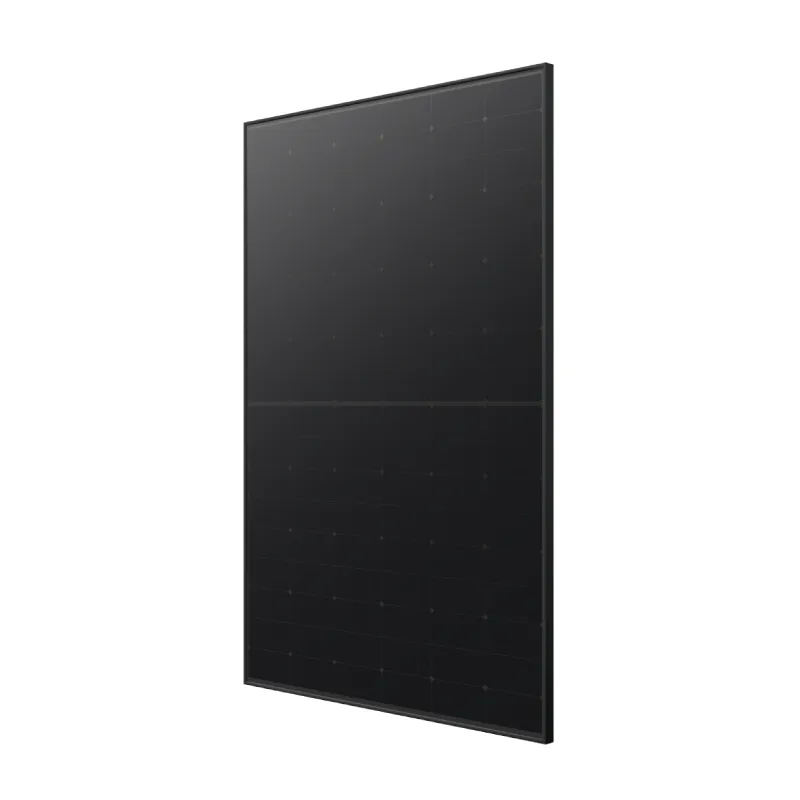Estimating Costs for Solar Panel Installation in Your Upcoming Project
Understanding Solar Panel Costs for Your Project
As the world shifts towards renewable energy sources, solar panels have emerged as a popular choice for both residential and commercial projects. However, understanding the costs involved in a solar panel installation is crucial for effective budgeting and financial planning. In this article, we will explore various factors that influence the cost of solar panels and how to approach budgeting for your solar project.
1. Initial Costs of Solar Panels
The cost of purchasing solar panels can vary significantly based on several key factors. The type of solar panels you choose, whether monocrystalline, polycrystalline, or thin film, will greatly affect the overall price. Monocrystalline panels are generally more expensive than their polycrystalline counterparts, but they are also more efficient and require less space for installation. Additionally, the brand and warranty of the solar panels can influence costs, with well-known brands often commanding higher prices due to their reliability and longevity.
2. Installation Expenses
Beyond the cost of the panels themselves, installation is another critical component of your budget. Labor costs can vary depending on your location, the complexity of the installation, and the experience of the installers. In some cases, additional structural modifications may be required to accommodate the panels, further increasing installation expenses. It's advisable to obtain multiple quotes from local solar installation companies to ensure competitive pricing and quality service.
3. Permitting and Inspection Fees
solar panel cost for project

Before your solar project can begin, you may need to obtain permits and schedule inspections, which can incur additional costs. The permitting process varies widely from one region to another, and some areas may have more rigorous requirements than others. Always check with your local government to understand the necessary permits and fees associated with your solar installation.
4. Government Incentives and Rebates
One of the significant advantages of investing in solar energy is the availability of government incentives and rebates. Many states offer tax credits, rebates, and other incentives to encourage the adoption of solar power. Federal programs, like the solar investment tax credit (ITC), allow you to deduct a percentage of your solar installation costs from your federal taxes. These incentives can significantly reduce the overall cost of your solar project, making it a more financially viable option.
5. Long-term Savings and ROI
While the initial costs of solar panels may seem high, it's essential to consider the long-term savings they offer. Homeowners and businesses can benefit from reduced energy bills, and in many cases, systems can pay for themselves within a few years through energy savings and potential net metering credits.
In conclusion, understanding solar panel costs involves a comprehensive evaluation of equipment, installation, permitting, and available incentives. By thoroughly researching and planning your solar project, you can make an informed decision that aligns with your budget and energy needs, paving the way for a more sustainable future.
-
Unlocking Energy Freedom with the Off Grid Solar InverterNewsJun.06,2025
-
Unlock More Solar Power with a High-Efficiency Bifacial Solar PanelNewsJun.06,2025
-
Power Your Future with High-Efficiency Monocrystalline Solar PanelsNewsJun.06,2025
-
Next-Gen Solar Power Starts with Micro Solar InvertersNewsJun.06,2025
-
Harnessing Peak Efficiency with the On Grid Solar InverterNewsJun.06,2025
-
Discover Unmatched Efficiency with the Latest String Solar InverterNewsJun.06,2025







